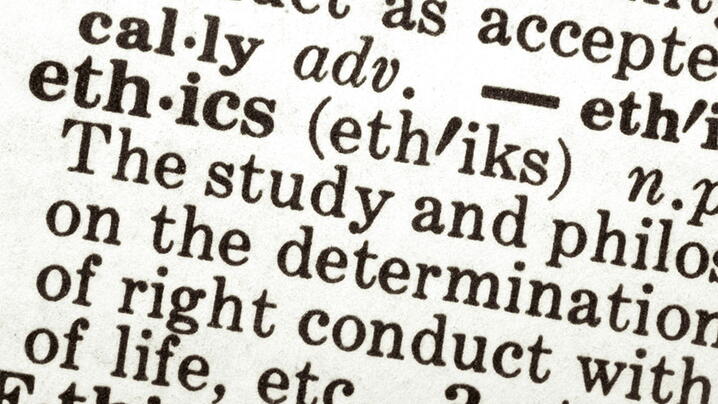
by Octavio Chavez, ICMA-Mexico/Latinomerica
Since the early years of ICMA's work in Mexico, around the turn of the century, a consistent core message has been delivered about the need to encourage public servants to abide by high standards of conducts. ICMA's experience, with the compliance mechanisms to enforce the appropriate behaviors centered in its Code of Ethics, has illustrated how adequate comportments are possible.
A series of recent high-profile events involving top-level Mexican officials, where corruption was very likely present, has raised the general public’s awareness of the significance of ethical behavior among public servants. As a consequence, there have been changes to the Mexican Constitution to create an anticorruption system. The system includes, for the first time, the legal requirement that all public entities must have a Code of Ethics, and failure to comply with the Code has legal consequences.
We all constantly make decisions, and how we “filter” the options and decide how to proceed are perceived as customary acts, for good or bad. Nevertheless, the filtering could be influenced by regular training similarly to how athletes train. Such training helps in building behavioral habits, particularly when the training involves ethical behavior that assist in developing appropriate conduct.
Promoting Ethical Conduct Through Training
Given that the concept of having a Code of Ethics is new in Mexico, and that there is limited understanding of its enforcement, ICMA-Mexico/Latinomerica (ICMA-ML) has developed a model that taps into ICMA's broad experience of promoting ethical conduct. ICMA-ML has captured messages from over two decades of field work by many ICMA members, whose technical work in Mexico has always been accompanied by clear examples that public servants’ conduct must be seen as ethically correct.
The model developed by ICMA-ML, called Consolidation of Public Ethics or CPE, centers its work on the promotion of ethical conduct through practical training. The training consists of presenting, through an interactive web-based system (SEDE, by its Spanish acronym), a series of ethical dilemmas requiring a response. After the response is received, the system provides feedback indicating if it matches the suggested response, as well as an explanation about why the suggested response makes sense. The SEDE´s user also has the option to provide an opinion about the suggested response.
The training scheme comes from ICMA's own training programs, such as the Ethos CD, the Ethical Court, and others. The model is now being applied as part of a USAID-sponsored program in several public entities in northern Mexico.
Participation in the training exercises is totally anonymous, which is critical in gaining the user’s trust. The ICMA-ML training program has been in operation for about year and half. More than a thousand public servants have participated and their comments reflect that over 85% appreciate the opportunity to test their own beliefs and learn about the correct filtering of their decisions.
The Benefits of Training
The system used for the training allows for collection of statistics about the responses, providing a snapshot for each organization of its employees’ understanding of public ethics. This information will help the organizations develop mechanisms to improve the employees’ understanding and help to improve the training.
Starting in April 2019, more public entities will join the ICMA-ML program and the expectation is that within a year and half, more than 10,000 public servants could benefit from the ethical training. However, the main goal in the short term is to see a decrease in corruption cases in those public entities.
For more information (Spanish) visit www.icmaml.org or write to ochavez@icmaml.org.
New, Reduced Membership Dues
A new, reduced dues rate is available for CAOs/ACAOs, along with additional discounts for those in smaller communities, has been implemented. Learn more and be sure to join or renew today!
